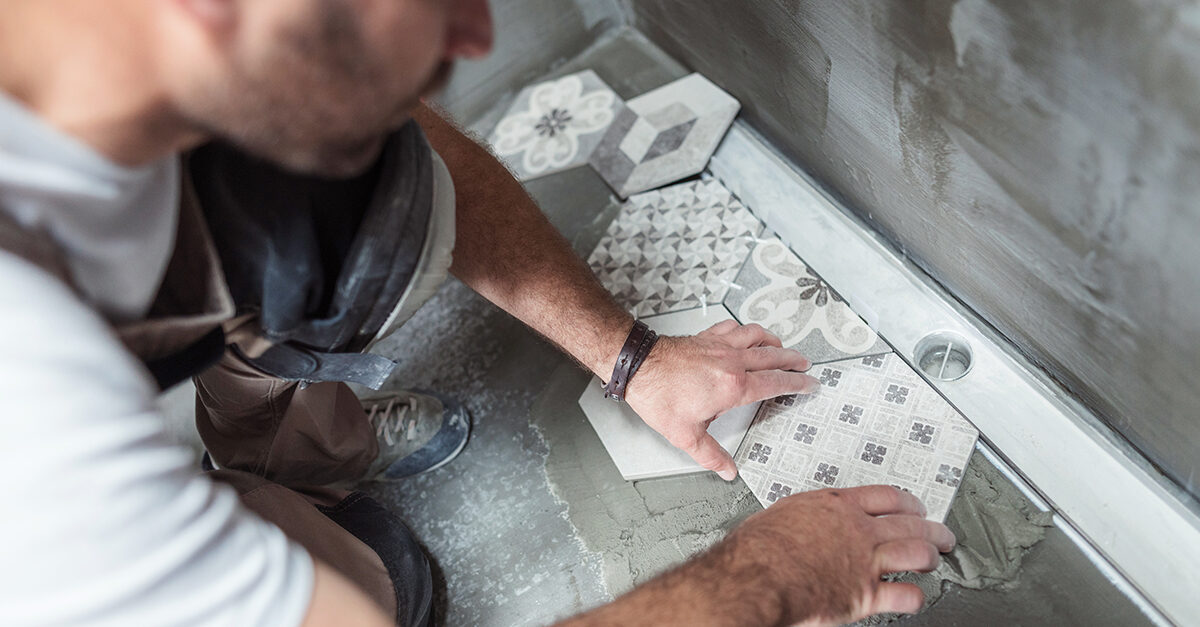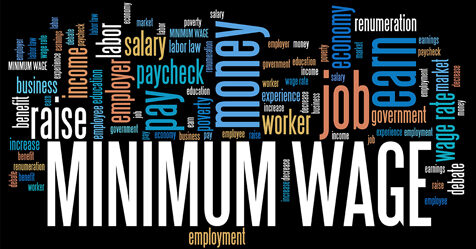Over time, flooring inspectors have developed a bad reputation, with phrases such as “use at your own risk,” “do we have to,” “use as a last option,” and “why must we” associated with them. Many in the industry question whether flooring inspectors are worth the expense and if they are really an asset of doing business.
Certified flooring inspectors have a unique position within the flooring industry. We review failures and perform discovery of causation through visual and physical observation, testing (at times destructive), and use of specialized tools and equipment. We also are asked for corrective-action suggestions.
There is a positive, preventative side to what flooring inspectors do: We perform evaluations prior to installations. For example, if someone on staff will perform the installation but doesn’t feel comfortable, an inspector can offer oversight to prevent problems. Or, when there is a disagreement between you or a restoration company you have hired and your insurance carrier on whether flooring should be replaced, flooring inspectors can serve as a backup to any site condition that requires a third party when the parties cannot come together on an issue.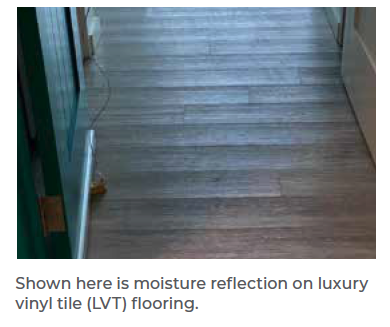
How to use a third-party flooring inspector
If you are reading this article, you likely want a basic understanding of what flooring inspectors can do. Once a flooring project begins, you can be held responsible for problems that arise. You take on a project, you are held responsible for any negative issues—but inspectors can be used to help alleviate your risk. They can:
- Evaluate a site before any work is performed to determine if you will be able to control the workspace
- Determine before flooring installation (for substrate evaluation) if the surface is flat, smooth, and clean; whether the moisture content is within range; or if a moisture barrier is required
- Determine whether the subfloor is within tolerance to industry standards to support the new floor
- Determine whether the existing flooring is salvageable (on a restoration project)
- Determine if the area of negative concern is conducive to corrective action
- Determine if the product and installation materials are correctly specified
- Evaluate whether flooring maintenance has been performed within manufacturing and industry standards regarding protocol and chemical agents.
When to use an inspector
Some things to consider when deciding when to call in a third-party inspector include whether:
- The job site has one or multiple issues
- The issues are beyond the scope of the person performing the installation
- The installer is uncomfortable performing the work, and a certified person is required for oversight
- The project has been reopened by you or your insurance company after completion due to negative issues
- Legal counsel has been brought into the project from either side
- Workmanship is questioned regarding compliance to existing standards
- The product has a latent defect
- The job has been stopped due to product defect discovered
- There is pattern alignment difficulty
- Control of the workspace is compromised
- There is a need to negotiate an amicable solution to issues—perhaps a corrective action suggestion
- You need a disinterested expert.
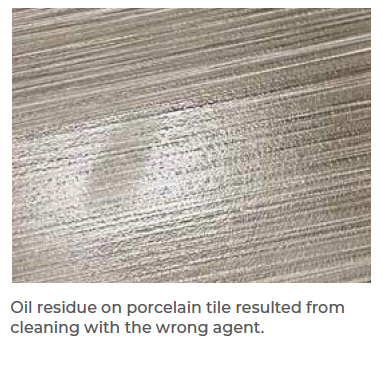
Why to use an inspector
There are many reasons to bring a third-party entity into a project. These experts are prevalent in all industries and different disciplines, not just flooring. The basic reason for inspectors is not just to discover causation, but also to prevent negative issues from becoming a problem. A third party can offer value in tricky situations such as:
- Substrate moisture issues that require testing
- Evaluation of substrate preparation action
- Measurement of flatness ratio of substrate surface
- Evaluation of workspace for flooring installation to determine if it is ready
- Documentation of the installation process—the before, during, and after
- To provide training to your staff, general contractors, and claims representatives as to the flooring specified to be installed
- Explanation of any warranty questions including cleaning actions that could void the warranty
- Determination of causation of a negative concern
- Bypassing the “they-said” discussion and blame game.
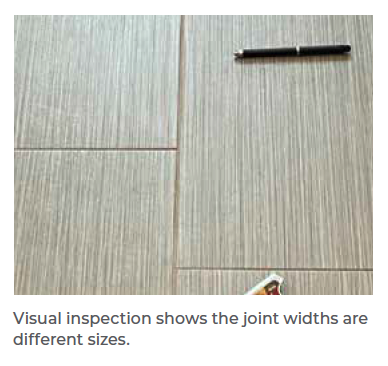
There is no minimum level of need for calling in an inspector; they can work on the smallest residential project or the largest commercial project. However, each expert has capabilities to perform within their respective certifications and scope of work based on their training, education, and experience.
For example, in a water event, whether residential or commercial, the protocol is the same. After a restorer has evaluated (inspected) the site conditions, their scope of work begins, and the flooring comes into question. Type of flooring is a concern regarding the salvageability, which depends on the extent of the damage. Will the technician have knowledge and experience necessary to decide? Will they have the ability to present an actual value for the damaged flooring? You as the leader of the facility can voice your concern and desire to call in a flooring inspector to oversee the process and protect yourself from problems.
If legal action is required after a failed installation, an expert is required. Or if it’s just the normal procedure of bringing everyone to the table during a construction defect lawsuit, an expert is required as well. It’s that expert, the third party, who will present the case to the lawyers. However, keep in mind that, as third-party experts, inspectors report on the facts of the case, not what we are told.
For example, recently I was called in by the flooring contractor to determine why the new porcelain tile flooring had a “haze” on it. (A water damage event required a replacement from the preexisting vinyl floor.) The general contractor did not allow the flooring contractor to give the tile its first cleaning, as they should have. There was a grout haze on the surface. The facilities staff did not perform a perfect cleaning. So, the flooring contractor was called in to clean… three times. There was still an undesirable appearance on the tile surface. Who is at fault?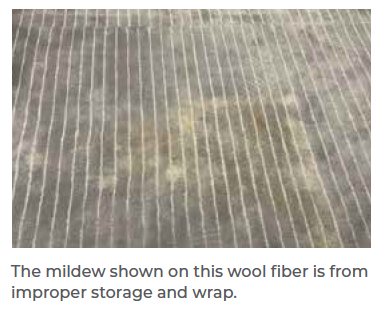
I performed a visual and physical review as well as a test cleaning with generic cleaning products. During this time, I discovered an oil-based substance on the surface in various corners. After interviews with the opposing parties and testing, I determined the tile had not been property cleaned yet. All four cleanings used the incorrect cleaning agents. I suggested a professional, certified cleaning company be brought in to correct the situation.
There is a need for third-party experts in many situations. Once you identify the need, they can become an integral part of your facility’s overall protection plan.
